
How to Improve Security for Venues: Technology Plan
Security has become a significant concern for event organizers and venue managers. Improving safety at venues involves a comprehensive approach that includes physical security measures. Use as surveillance cameras and access controls, and a well-trained security team that can respond quickly and effectively in an emergency.
Improving security at venues requires ongoing training, testing, and evaluation to ensure that security protocols are up-to-date and effective. By implementing different measures, venues can enhance their security and provide a safe environment for their visitors and employees.
Here is a guide on how to improve security for venues:
1. Risk Assessment

The first step in improving security at your venue is to conduct a thorough risk assessment. This involves identifying potential risks and vulnerabilities, such as crowd control issues, access control, and emergency preparedness.
A risk assessment should include a thorough review of the venue’s physical layout, surrounding area, type of event, and the expected number of attendees. Once you have identified these risks, you can develop a security plan to address them.
2. Staff Training
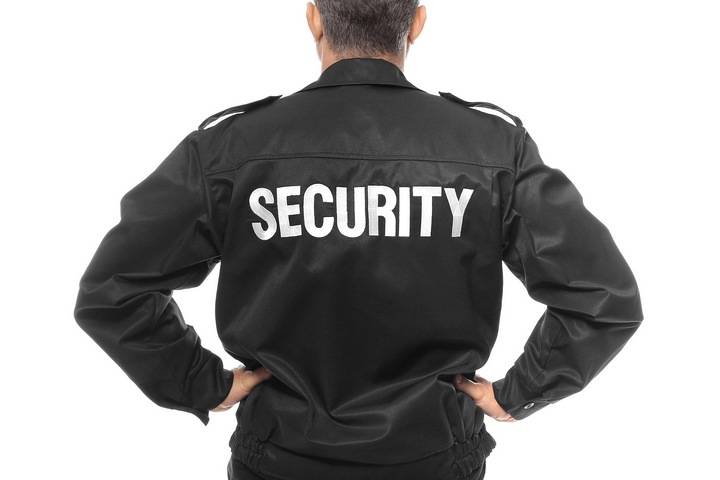
Your staff plays a crucial role in maintaining security at your venue. Employees should be trained on security policies, procedures, and emergency response plans. This includes identifying suspicious behaviour, responding to emergencies, and communicating effectively with law enforcement.
Staff should also be trained on the proper use of security equipment. Regular training sessions help ensure your team is prepared to deal with any security-related issues that may arise.
3. Weapons Detection Technology
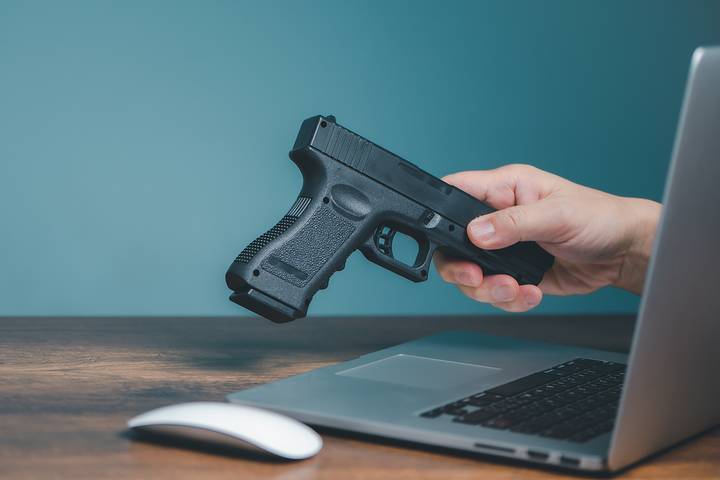
New weapons detection technologies are available for venues that want to move beyond metal detectors and bag checks. These venue security systems utilize the latest advancements in artificial intelligence, machine learning, and sensor technologies.
AI-powered sensors can be used to detect weapons and other dangerous items. These sensors use machine learning algorithms to analyze data and identify potential threats. They can detect hidden weapons like knives or guns and transmit information in real time so your security team can respond, de-escalate, and disarm threats.
4. Security Cameras
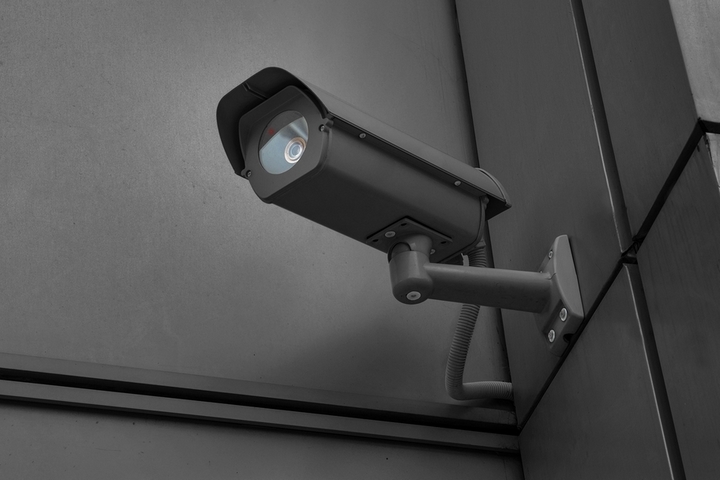
Security cameras are an effective tool for improving security at your venue. They can help deter criminal activity and are invaluable in the event of an incident.
Cameras should be placed strategically throughout the venue, including at entrances and exits, parking lots, and high-traffic areas. Cameras should also be monitored in real-time by trained personnel.
5. Proper Lighting
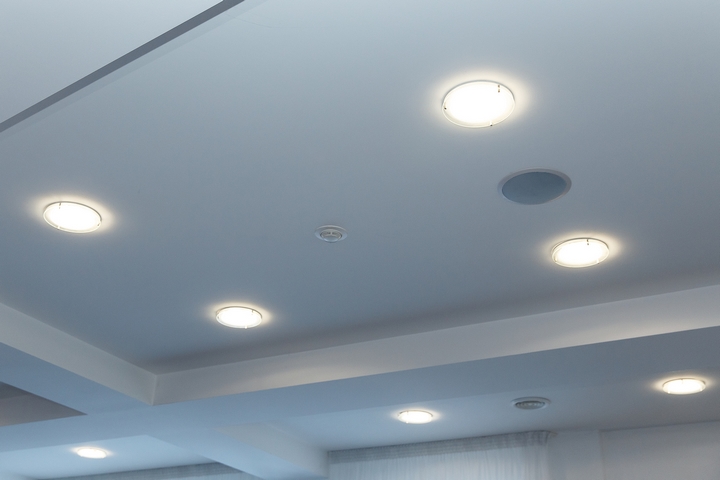
Proper lighting is essential to improve security at any venue. It helps deter criminal activities and enhances visibility for surveillance systems. Adequate lighting should cover all venue areas, including parking lots, entrances, exits, and dark corners. Bright lights can be installed to provide high visibility.
At the same time, motion sensors can detect movement and activate lights in dimly lit areas. It is essential to regularly maintain these lighting systems to keep them in working order and to replace bulbs or fixtures when needed.
6. Access Control Measures
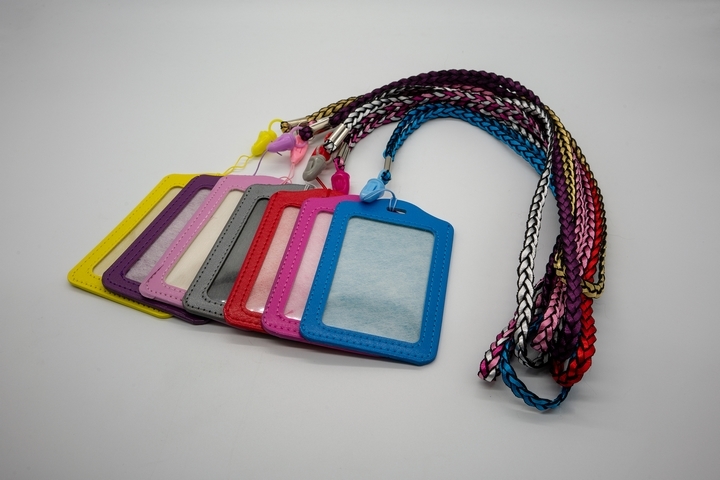
Access controls such as metal detectors, bag checks, and ID verification can help prevent prohibited items from entering the venue. These measures can also deter individuals with malicious intent from attempting to gain access. Access controls should be paired with clear communication of the rules and regulations and consistent enforcement.
Additionally, ensure all staff members wear identification badges and that there is limited access to secure areas.
7. Trained Security Personnel
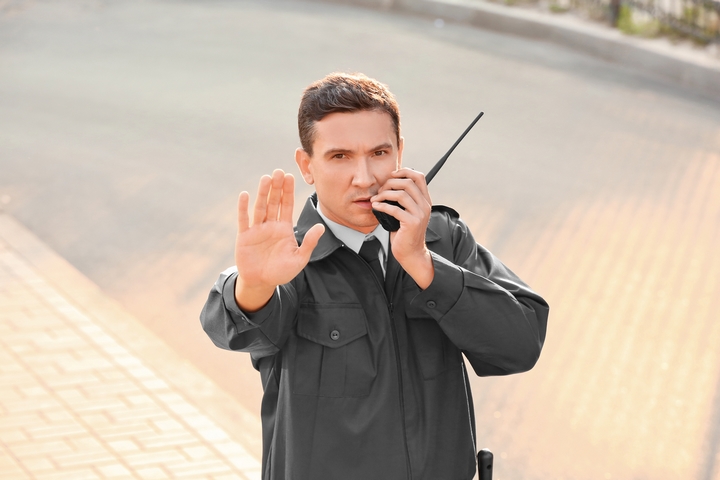
Security guards are trained to recognize and respond to potential threats and can act as a deterrent to criminal activity. They can monitor access points, patrol the area, and respond quickly to security breaches.
When hiring security personnel, it is essential to verify their training, experience, and credentials and conduct background checks to ensure their suitability for the role.
8. Emergency Response Plan
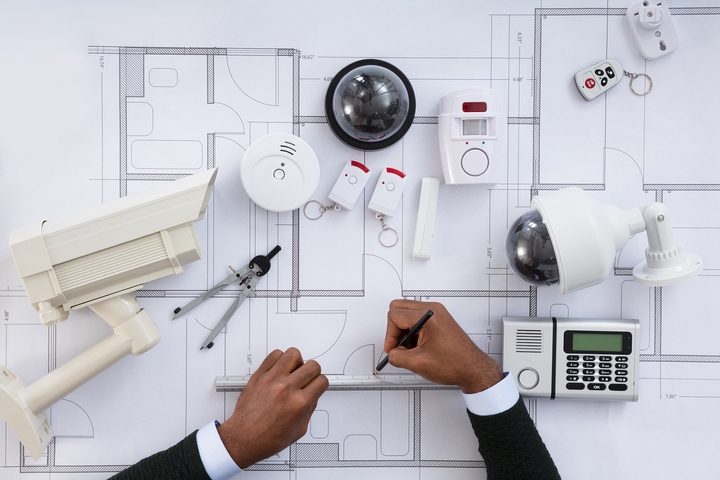
In an emergency, it’s important to have a clear and comprehensive response plan in place. This should include procedures for evacuating the venue, contacting emergency services, and communicating with staff and attendees. Regularly review and update your emergency response plan to ensure it is effective and up-to-date.
9. Communication Technology
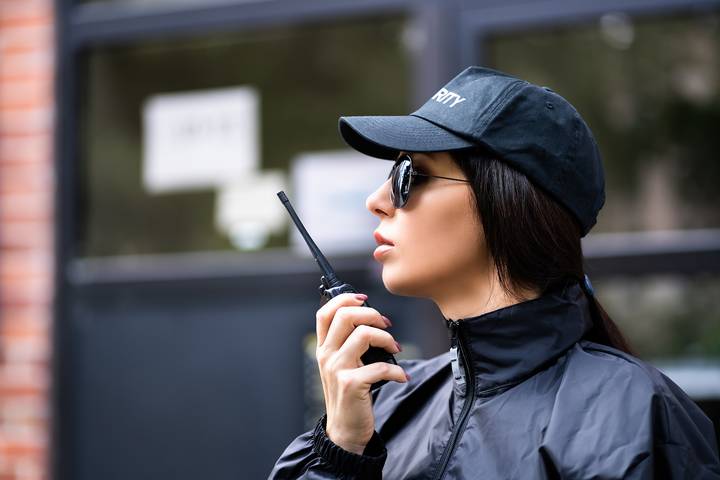
Clear communication with attendees is essential for maintaining security at your venue. Be sure to inform attendees of any security measures, such as bag checks, metal detectors, or scanners.
Additionally, provide them clear instructions on what to do in an emergency. Encouraging attendees to report suspicious behaviour can be an effective way to prevent potential security incidents. Venues should provide clear communication channels for attendees to report any concerning behaviour, such as a dedicated phone number or text message service.
10. Updated Security Procedures
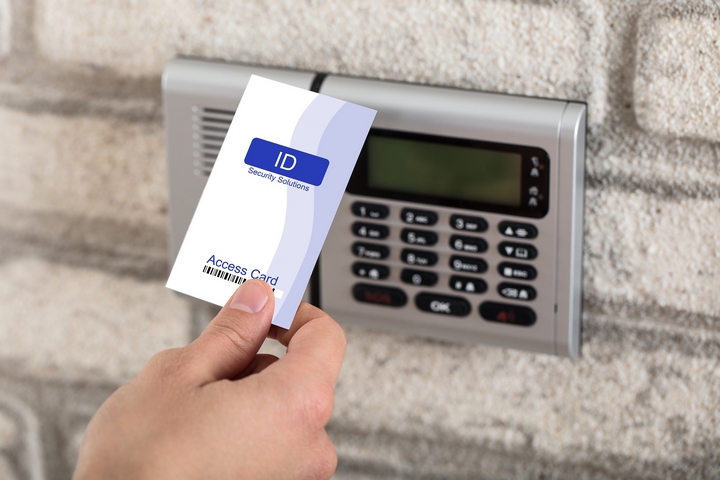
It’s essential to regularly review and update your security procedures. This can include conducting periodic risk assessments, updating your emergency response plan, and implementing new security technologies and measures as needed.
By reviewing and updating security procedures regularly, venues can maintain a high level of security and provide a safe environment for their visitors and employees.

